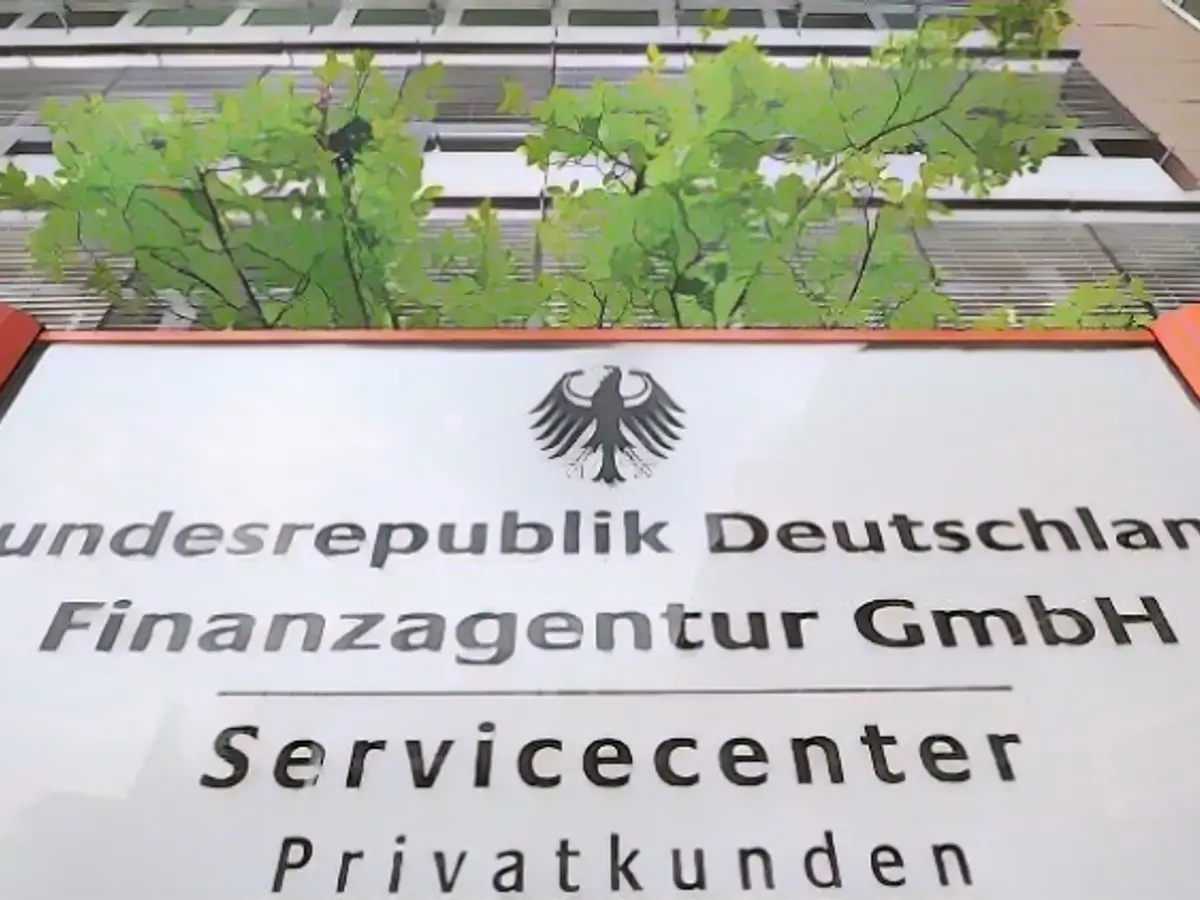government's shift away from inflation-linked bonds
In a surprising turn of events, the German government is bidding farewell to its long-standing practice of tying government bonds to the country's inflation rate. This move has been sparked by the realization that the strategy, which proved to be an effective cost-saver during periods of low interest rates, ultimately became an expensive burden during the recent months of high inflation.
Beginning next year, the German government will cease issuing new inflation-linked securities. The Finance Agency, responsible for managing the federal government's debt, announced this change, adding that no additional inflation-indexed securities will be added to those already in circulation. The remaining inflation-linked securities, worth a combined total of 66.25 billion euros with maturities ranging from 2.5 to 22.5 years, will continue to be tradable on the market. Approximately 3.5% of the total outstanding German government securities are linked to inflation.
Analysts believe this move is a result of inflation's punishing impact on interest payments. LBBW analyst Jens-Oliver Niklasch suggests that inflation-linked bonds are no longer appealing to issuers in periods of high and volatile inflation. NordLB expert Bernd Krampen agrees, stating that ending such issues is a wise move to reduce risk for the federal budget.
With the federal government seeking to reduce its reliance on inflation-linked bonds, it intends to concentrate on conventional and green bonds that support environmentally-friendly initiatives. Managing Director Tammo Diemer of the Finance Agency explained that the federal government aims to finance its future requirements using these instruments, strengthening its advantageous position in the bond market.
High inflation puts a strain on interest payments
Continually high inflation and rising market interest rates have increased the federal government's interest costs. Financial market borrowing has reached an unprecedented number this year, reaching approximately half a trillion euros. This sum will not only help cover the expected budget deficit but will also finance expenses related to the energy crisis and repayments for securities worth over 300 billion euros that are due to investors in 2022.
- The German government is planning to decrease its focus on inflation-linked bonds due to the high inflation causing increased interest payments and shifting focus towards conventional and green bonds.
- In response to these changing financial circumstances, the federal government has announced that starting from next year, it will cease issuing new inflation-linked bonds and will instead focus on conventional and green bond issuances.
- According to Finance Minister Christian Lindner, the high inflation costs being incurred by the federal government, which had previously been a significant source of revenue due to the issuance of inflation-hedged government bonds, are now a substantial burden.
Sources:
Insights:
- Despite the widespread belief that Germany is abandoning inflation-linked bonds due to high inflation, the sources make no mention of such a change in bond issuance strategies specifically related to high inflation.
- Green bonds, driven by environmental and social considerations, have been a growing market, with projections of continued growth up to 2025 focusing on sustainability and decarbonization efforts.
- High inflation and debt burdens can negatively impact a country's economy, as discussed in the paper on German hyperinflation but without mention of any specific bond issuance strategy shift.







